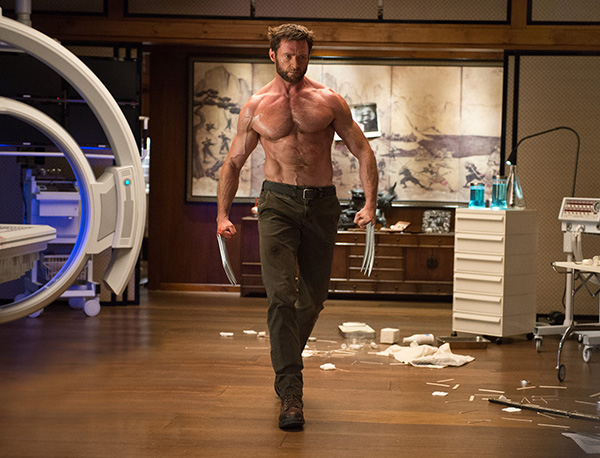
After Marvel’s 2012 megahit “The Avengers” arguably changed the superhero film industry, the crop of releases in 2013 aimed at having the same commercially successful methods for their films. For one, “The Avengers” made filmmakers wake up to the fact that they needed to have a highly dramatized and profound storyline.
But it also made filmmakers realize that a superhero film needed something more beneath its excess. Although Sam Raimi’s “Spider-Man” films originally hinted at this idea, Joss Whedon’s screenplay for “The Avengers” solidified that audiences wanted characters that felt real — they were tired of seeing explosions, and now they wanted something more.
2013’s superhero movies have begun a move toward that. “The Wolverine” and “Thor: The Dark World” both incorporated multidimensional storylines into old superhero structures, but “Iron Man 3” stole the show this year by developing Tony Stark. The cocky and witty Iron Man who audiences love was represented, but the story didn’t feel like a repeat of the film’s predecessors. Finally, Tony’s psychology was on display — he feels more human.
Recently, filmmakers have latched onto the idea that superheroes have an overbearing urge to be regular people with happy lives — a human desire that we all share. These heroes don’t want to be heroes as they question their power, who they are and if what they’re doing is right.
“Iron Man 3,” “The Wolverine,” and “Man of Steel” all showed their heroes trying to fight these internal conflicts. Iron Man questioned and eventually gave up what he believed defined him as a hero. Wolverine battled with his own mind over his necessary killing of Jean. Superman possibly had the scariest task of all, as Clark Kent had to decide who he wanted to be — one of the last of the Krypton race, or just a superhuman man from rural Kansas.
There is no doubt that more superhero films in this vein are on the way. Audiences have always craved superheroes that are brave and victorious in their tasks, yet now, viewers want heroes that are genuine and vulnerable enough to be believable in the audiences’ own hellish worlds.
Laura Wolford is a staff writer. Email her at [email protected].






















































































































































